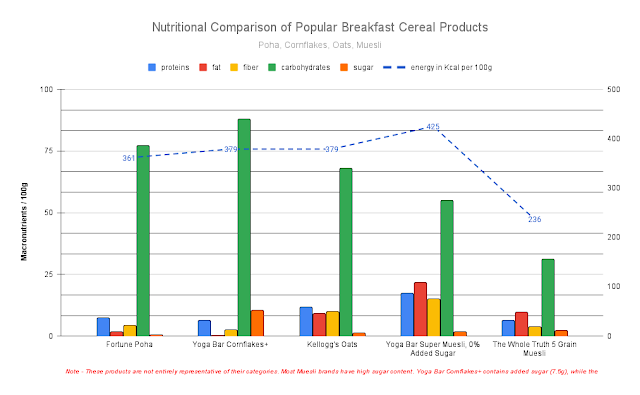Veganism in India
Veganism is growing in popularity in India.
Vegan food refers to food or food ingredients, including additives, flavorings, enzymes, carriers, and processing aids, that do not originate from animals and which, at no stage of production or processing, any ingredients of animal origin have been utilized.
Charukesi Ramadurai highlights in the BBC article "Are Jains the original vegans?" that while the term "vegan" was introduced nearly 80 years ago by British animal rights advocate Donald Watson, veganism and initiatives like Veganuary have only recently gained significant popularity. However, the practice of avoiding meat as an act of kindness towards animals has been deeply rooted in many Eastern cultures for over two millennia.
The Indian vegan food market was valued at $1,372.3m in 2022 and is expected to grow further. This could be partly because many Indian dishes are naturally vegan.
For example, Sonal Ved, author of The Indian Vegan (the book took two years to put together), found that in a South Indian thali, all the dishes are vegan except for the curd. These dishes include rice, kootu, poriyal, sambhar, and rasam. South Indian cuisine offers a wide variety of vegan dishes.
In 2022, the Food Safety and Standards Authority of India (FSSAI) sought to establish a regulatory framework for vegan foods in the country. It mandated that manufacturers of these products display the logo designated by the authority to facilitate recognition and ensure traceability of the back to manufacturers.
Former Chief Justice DY Chandrachud turned vegan after getting inspired from his daughter. Virat Kohli, the captain of the Indian cricket team, as well as many Bollywood personalities including John Abraham Kangana Ranaut, and Kiran Rao, have also embraced veganism.
Many young people in India are adopting veganism, and some Jains (who constitute 0.4% of India's population) are also choosing to eat completely vegan diets.
Jainism, an Indian religion that originated between the 5th and 7th centuries BCE, has dietary principles that are similar to veganism. Jains believe in ahimsa, or non-violence, towards all living things. This includes avoiding eating meat, seafood, and eggs. Jains also avoid root vegetables, as harvesting them could kill insects living in the soil. However, Jains do consume dairy products, as they believe it is ethical and kind to animals.




Comments
Post a Comment